Resources
The loss of a loved one is one of the most difficult situations to face in life. This can be especially trying if you are in charge of making the funeral arrangements. Our family here at FuneralHomes.com would like to share with your family some points from experienced funeral directors that will help you in such a troubling time.
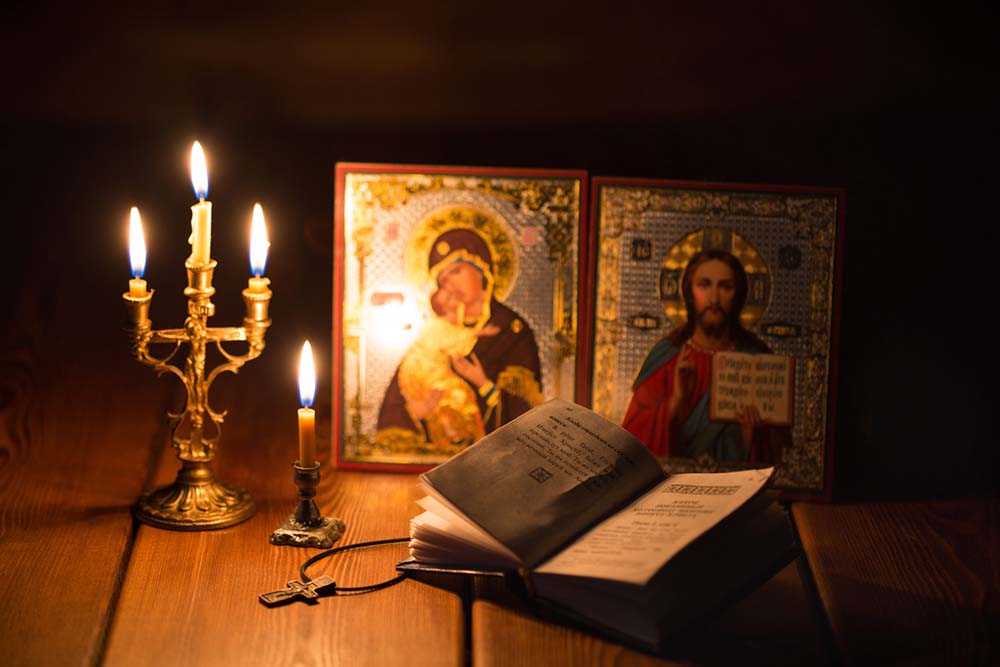
A Guide to Orthodox Christian Funeral Customs and Traditions
- December 7, 2021
- Celebrations of Life
The Orthodox Christian Church, also referred to as Eastern Orthodox or Greek Orthodox Church, is the second-largest Christian Church. And although the Church can be found all over the world, Orthodoxy is mainly practiced in Greece, Eastern Europe, and Russia. Orthodox believers share a lot of their beliefs with the rest of the Christian Churches, acknowledging Jesus Christ as God, His resurrection, and finally His return. Many people have compared the Orthodox Church to the Catholic Church. However, both churches differ in many of their beliefs and views of the afterlife.
As you prepare yourself to attend an Orthodox funeral service for the first time, we hope you find this quick guide about Orthodox funeral customs and traditions helpful in developing an understanding of how they remember and honor those who have passed.
The Orthodox View of The Afterlife
The Eastern Orthodox Church believes in the resurrection of the deceased, and when the time comes that soul and body will be reunited. They do not consider humans’ main purpose is to meet their final destination in heaven after death, but rather that those who pass meet with God until the final judgment when all who have died will be resurrected like Christ.
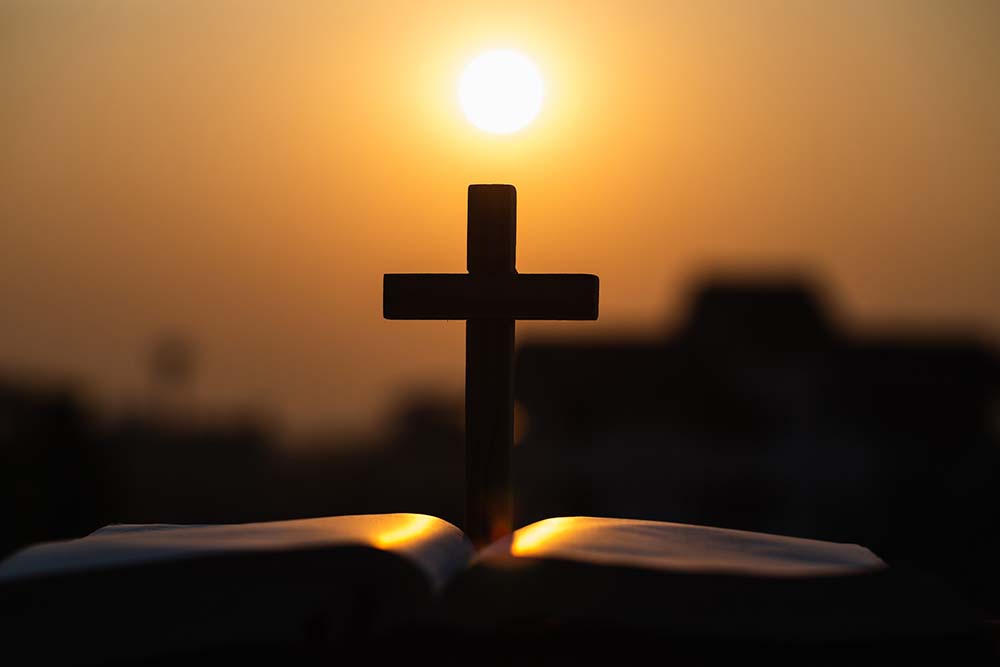
Jehovah’s Witnesses’ Funeral Customs and Traditions
- November 24, 2021
- Celebrations of Life
Jehovah’s Witnesses are a Christian sect with beliefs based on Christian Bible. They are known for proselytizing (inviting people to convert religiously) and prophesying the end of the world. The Watchtower Bible and Tract Society is the church’s governing body. While their scriptures are based on Christianity, the followers strictly believe that God is not a deity but a person.
There are other differences between this sect and other Christian sects as well. These include not celebrating pagan holidays, voting, gambling, or smoking cigarettes. Considering the many differences between this sect and the others, one may wonder what are the funeral customs of the Jehovah’s Witnesses. In this article we’ll be covering a detailed account of Jehovah’s Witnesses funeral customs and traditions.
Jehovah’s Witnesses’ Beliefs On Death And Afterlife
Jehovah’s Witnesses’ beliefs on death and afterlife differ from mainstream Christianity in two ways. First, they believe in the death of the soul and the body. Simply put, according to Jehovah’s Witnesses, the soul ceases to exist until the end of the world. Since the soul does not live on and their beliefs do not put emphasis on the body, the followers are encouraged to cut ties with the deceased. Second, they do not believe in Hell. The sect does not believe that God would subject His creation to suffering. Therefore, they do not fear death, instead it is considered a state of nothingness. Since mourning is uncommon, funeral customs such as wakes and sacrifices are usually avoided.
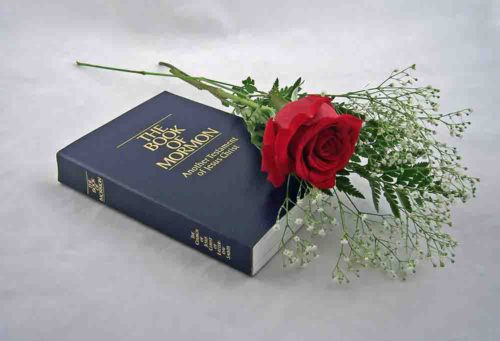
A Guide to Mormon Funeral Traditions
- November 24, 2021
- Celebrations of Life
Mormon funerals are generally viewed as celebratory opportunities, with a blend between a somber and joyful atmosphere. Mormons believe in the afterlife and choose to view funeral services as an inevitable transition that brings peace for those who have passed and brings them close to the source of life. Guests can usually expect songs, hymns, prayers, modest clothing, and family members who retain a spirit of hope during the service.
Beyond Mormon funerals and religious traditions, the ceremony serves as a reminder to those who mourn the loss that everything’s not lost and that there is more to experience in an eternal afterlife. It also provides loved ones of the deceased with comfort and helps make the transition easier as much of the decision-making is already established by the funeral customs and traditions. Without further ado, here is a detailed guide on what you can expect at a Mormon funeral.
Mormon View of Death
For Mormons, death is viewed as a separation of the spirit from the body, with the spirit remaining alive once the physical death has taken place. Mormons believe in the resurrection of the dead and Jesus’s atonement that has ensured eternal life for all who believe. Since Mormons firmly believe in the resurrection of Christ and Eternal life, they often refrain from wearing religious embellishment portraying a crucified Christ. When attending a Mormon funeral, you’d likely want to refrain from wearing a cross or crucifix necklace as this can be taken as a form of disrespect. Crosses are not a part of the Mormon faith.
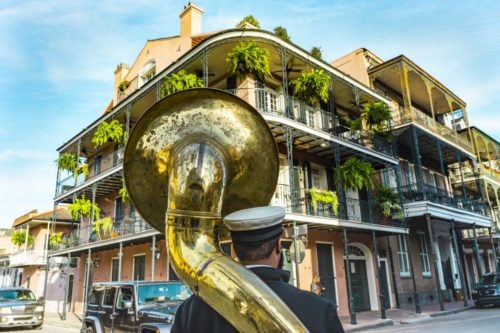
What to Expect from a New Orleans Funeral Service
- November 23, 2021
- Celebrations of Life
New Orleans is vibrant. New Orleaners love celebrations and parades. And a New Orleans funeral service also exudes a celebratory funeral rather than a somber one. Jazz funerals in New Orleans celebrate the beauty of the afterlife. The funeral begins at a church or funeral home and proceeds to a cemetery. Mourners are accompanied by a band that plays music that starts off with a melancholy feel that turns into an uplifting tone, radiating hope and conviviality.
With the same vibrant and enthusiastic nature of New Orleans funerals in mind, here is what you can expect while attending a New Orleans funeral.
History of New Orleans Jazz Funerals
Jazz funerals of New Orleans are rich in cultural traditions. In West African culture, mourners express their sorrow loudly and vocally. By the end of the service, they laugh and celebrate, rejoicing in the spirit’s ascent into heaven. This aspect of West African culture found its home in New Orleans’s Jazz funerals with the music exemplifying a soulful blend of African and European influences. While this method of memorializing loved ones is still well-known in New Orleans, it is mostly restricted to honoring the passing of prominent community members.
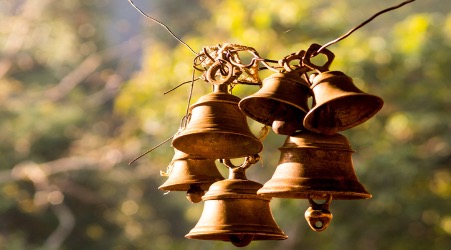
A Guide to Hindu Funeral Customs and Traditions
- November 22, 2021
- Planning
PLANNING A HINDU FUNERAL CEREMONY?
“As with other religions, Hindu funeral rites and traditions vary to match the wants and needs of each religious sect and each family.”
Hinduism is the world’s third most popular religion. It is estimated that nearly a billion people follow it. Hinduism, unlike other religions, has no founder and no common creed or theory. The religion, which is most common among Asian Indians, believes that God exists within and beyond all beings and objects in the universe. It teaches that each soul’s essence is divine and that the purpose of existence is to become aware of that divine essence.
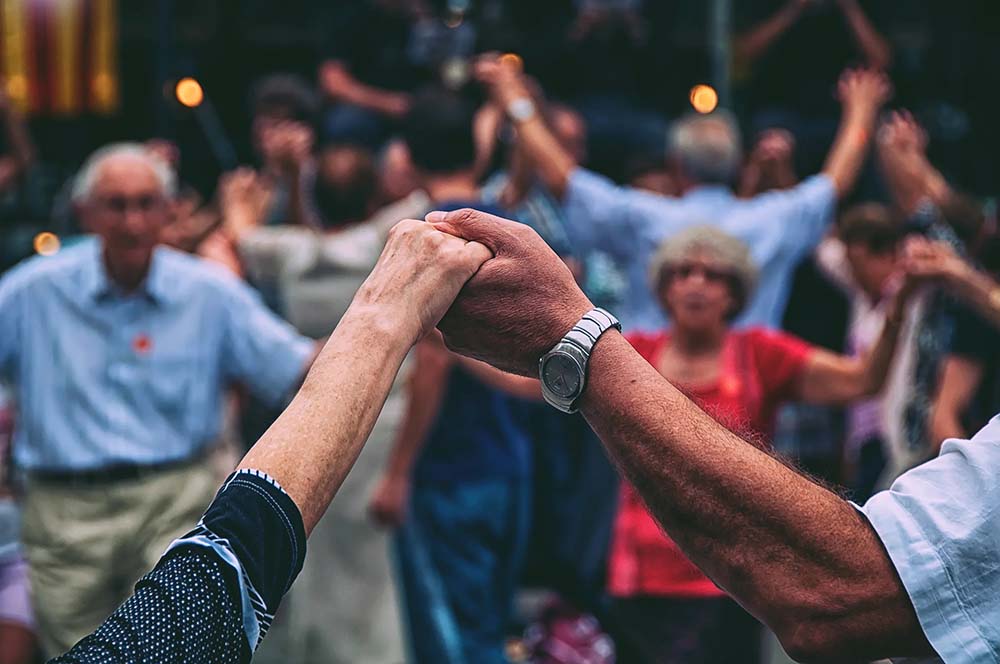
5 Compelling Reasons Why You Should Have a Living Funeral Service
- November 15, 2021
- Celebrations of Life
Traditionally, funerals were considered events where family and friends would come together to mourn and lament the loss of a loved one. They were somber occasions in which everyone was present to pay tribute to a loved one with an air of melancholy. They were far from a celebration or festivity.
In a traditional funeral ceremony, attendees typically don’t have the chance to say their final thoughts and feelings toward the deceased, nor does the deceased get the chance to hear and appreciate all of the poignant sentiments their loved ones have to say about them. As people have begun to realize how many exhaustive elements go into planning a funeral service and how it ends up being more for the living rather than the deceased, we are seeing new perspectives around what a funeral service should be or needs to be. As more and more people begin to embrace the concept of death as an inevitable part of life and the beginning of a new chapter, we are seeing a rise in the number of living funerals being hosted and celebrated.
Thankfully, there are many reasons to have a living funeral and ditch the conventional customs and traditions, if desired, and get to have one big final celebration with those we love before it is time to say goodbye. Hosting a living funeral empowers the honoree to celebrate their final chapter on their own terms. Here are 5 reasons to consider having a living funeral service to honor a loved one before their passing and celebrate their life and legacy however they wish.

How to Write an Obituary
- November 15, 2021
- Celebrations of Life
Losing a loved one is one of the most emotionally challenging things we can face in our lives. Writing an obituary can help us memorialize the life and legacy of a special person we lost, as well as create a meaningful, lasting tribute to them in their honor.
As you are grieving and mourning your loss, finding the right words to include in an obituary in a loved one’s memory, as well as communicating the devastating news of their passing isn’t easy. However, creating an obituary is vital in acknowledging and communicating of the loss, and in notifying others important details in regards to their funeral ceremony and services. By writing an obituary, we also get the opportunity to commemorate and tell the world about that special person we’ll always hold dear to us. Beyond all the beautiful and meaningful things conveyed in a well-written and eloquent obituary, an obituary also allows you to pay homage to the life your loved one lived, accomplishments, special relationships and experiences as well as all of the important things he or she should be remembered for.
Although this is not an easy task, we hope to provide you with some guidance and a point of reference to help you achieve an obituary worthy of every reader’s respect and admiration. Read on to learn everything you need to know to create an obituary for your loved one that does justice to the special and beloved person they were.

Funerals: a consumer guide
- November 10, 2021
- Planning
When a loved one dies, grieving family members and friends often are confronted with dozens of decisions about the funeral – all of which must be made quickly and often under great emotional duress. What kind of funeral should it be? What funeral provider should you use? Should you bury or cremate the body, or donate it to science? What are you legally required to buy? What other arrangements should you plan? And, as callous as it may sound, how much is it all going to cost?
Each year, Americans grapple with these and many other questions as they spend billions of dollars arranging more than 2 million funerals for family members and friends. The increasing trend toward pre-need planning – when people make funeral arrangements in advance – suggests that many consumers want to compare prices and services so that ultimately, the funeral reflects a wise and well-informed purchasing decision, as well as a meaningful one.
A consumer product
Funerals rank among the most expensive purchases many consumers will ever make. A traditional funeral, including a casket and vault, costs about $6,000, although “extras” like flowers, obituary notices, acknowledgment cards or limousines can add thousands of dollars to the bottom line. Many funerals run well over $10,000.
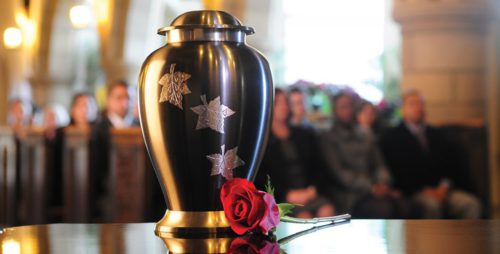
Deciding between Cremation and Burial
- November 9, 2021
- Celebrations of Life
We will all be confronted someday with the thoughts and decisions about what happens to our bodies when we pass on. Death is as much a part of life as is birth. In life we must confront choices, as in death. Honoring the body of our loved ones upon their death is as old a tradition as any other in the human experience. We have different ways to pay respect, but the respect is the same. And yet we often find this topic too uncomfortable to discuss, and so our final wishes may be unknown.
Talk about it with family members
What are your wishes? Does your family know? Have you considered the options available?
These may not be Sunday dinner conversations, but they are important ones to have. If you do not let your loved ones know whether you would like to be cremated or buried, they will have to make the decision for you. Isn’t it better that they know what you want so they can honor you and your wishes when the time comes?

5 Important Things to Consider When Scattering a Loved One’s Ashes
- November 9, 2021
- Celebrations of Life
After a loved one passes, no matter what end-of-life plan that has been chosen for them, handling their remains is a sensitive and emotionally charged experience. Similarly to how a loved one’s burial in a cemetery is a ceremony of tremendous sentiment, scattering a loved one’s cremated remains can hold significant emotional and spiritual meaning too, symbolizing their loved one’s return to nature or delivery to heaven. Paying tribute to a deceased loved one in this fashion will help bring peace and closure to friends and family.
After the decedent’s funeral ceremony and cremation process is complete, you may choose to place your loved one’s remains in an urn and bury them at a Cemetery or scatter their ashes. If you choose to scatter their ashes in a special location or locations, there are some things to consider to best prepare you to memorialize your loved one successfully and meaningfully. We have put together an easy guide of helpful tips to keep in mind during this experience.
1) Ash and Bones
It’s important to know when your receive your loved one’s remains after the cremations process has been completed, what you receive may not look anything like ash at all, or what you may have expected. Cremated remains do not resemble firewood ash, some having the texture of coarse sand and powder with hard, fragments of bone mixed in.
